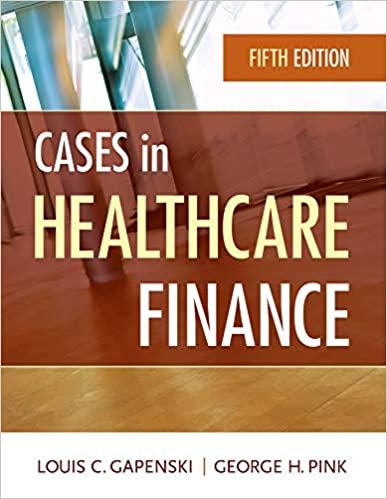Question
Bellwood Corp. is comparing two different capital structures. Plan I would result in 29,000 shares of stock and $90,000 in debt. Plan II would result
| Bellwood Corp. is comparing two different capital structures. Plan I would result in 29,000 shares of stock and $90,000 in debt. Plan II would result in 23,000 shares of stock and $270,000 in debt. The interest rate on the debt is 5 percent. |
| a. | Ignoring taxes, compare both of these plans to an all-equity plan assuming that EBIT will be $110,000. The all-equity plan would result in 32,000 shares of stock outstanding. What is the EPS for each of these plans? (Do not round intermediate calculations and round your answers to 2 decimal places, e.g., 32.16.) |
| b. | In part (a), what are the break-even levels of EBIT for each plan as compared to that for an all-equity plan? (Do not round intermediate calculations.) |
| c. | Ignoring taxes, at what level of EBIT will EPS be identical for Plans I and II? (Do not round intermediate calculations.) |
| d-1. | Assuming that the corporate tax rate is 25 percent, what is the EPS of the firm? (Do not round intermediate calculations and round your answers to 2 decimal places, e.g., 32.16.) |
| d-2. | Assuming that the corporate tax rate is 25 percent, what are the break-even levels of EBIT for each plan as compared to that for an all-equity plan? (Do not round intermediate calculations.) |
| d-3. | Assuming that the corporate tax rate is 25 percent, when will EPS be identical for Plans I and II? (Do not round intermediate calculations.) |
Step by Step Solution
There are 3 Steps involved in it
Step: 1

Get Instant Access to Expert-Tailored Solutions
See step-by-step solutions with expert insights and AI powered tools for academic success
Step: 2

Step: 3

Ace Your Homework with AI
Get the answers you need in no time with our AI-driven, step-by-step assistance
Get Started


